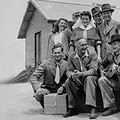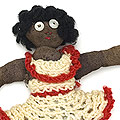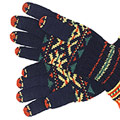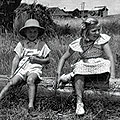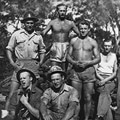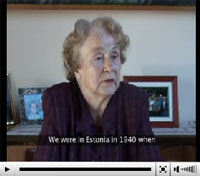
Ilma Maidla interview
video »
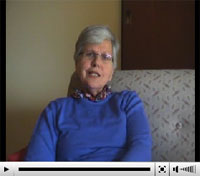
Reet Simmul interview
video & transcript »
Fleeing their homeland
This section of the exhibition features stories from some of the Estonians who migrated to Australia after World War II.
More than 70,000 Estonians joined the exodus to the West from 1940–44. Invasion from Russia and Germany, killings, deportations and war forced this exodus. Families were separated and homes abandoned. In September 1944 Soviet rule was reimposed and Estonia’s borders were closed.
Those who left at this time became war refugees. Many spent years in Displaced Persons (DP) camps before being resettled in Australia, Canada or the United States.
Independence cut short
A 1939 agreement between Nazi Germany
and the Soviet Union had divided Europe
into 'spheres of influence'. As a result,
a year later Tallinn was bombed and the
country invaded. Estonia came under
Soviet control. In July 1941, Germany
declared war on the Soviet Union and
Estonia came under Nazi rule. Three
years later, in 1944, the Soviets took
control once more.
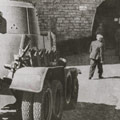
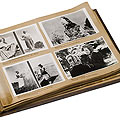
A 1939 agreement between Nazi Germany
and the Soviet Union had divided Europe
into 'spheres of influence'. As a result,
a year later Tallinn was bombed and the
country invaded. Estonia came under
Soviet control. In July 1941, Germany
declared war on the Soviet Union and
Estonia came under Nazi rule. Three
years later, in 1944, the Soviets took
control once more.


Displaced Persons camps
At the end of World War II up to 20 million people were without a home.
They lived in Displaced Persons camps. Many refused to return to their
former countries as boundaries and ideologies had changed. For Estonians,
fear of Soviet Communist control was a strong deterrent.
By 1945, 42,000 Estonians were living in camps, mainly in the American
and British zones of Germany. Over 5000 lived in a camp in the town of
Geislingen.
Camp life: an uncertain future
The camps provided a level of security with regular food, shelter,
education and entertainment... but the future was unknown.
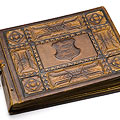
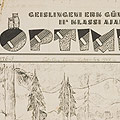
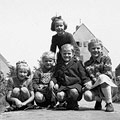
At the end of World War II up to 20 million people were without a home.
They lived in Displaced Persons camps. Many refused to return to their
former countries as boundaries and ideologies had changed. For Estonians,
fear of Soviet Communist control was a strong deterrent.
By 1945, 42,000 Estonians were living in camps, mainly in the American
and British zones of Germany. Over 5000 lived in a camp in the town of
Geislingen.
Camp life: an uncertain future
The camps provided a level of security with regular food, shelter,
education and entertainment... but the future was unknown.



Family mementos
'A few precious items...' *
Below you can see what people brought with them
as mementos. The Parjel and Simmul families carried these
objects with them either from Estonia or from the
Displaced Persons camps in Germany.
* Reet Simmul, interview, 2006. Image courtesy Reet Simmul
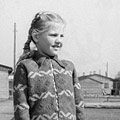
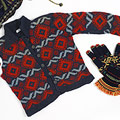
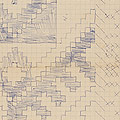
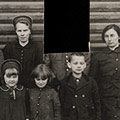
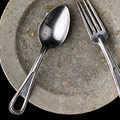
'A few precious items...' *
Below you can see what people brought with them
as mementos. The Parjel and Simmul families carried these
objects with them either from Estonia or from the
Displaced Persons camps in Germany.
* Reet Simmul, interview, 2006. Image courtesy Reet Simmul





What would you bring to Australia?
'A few precious items...' *
Estonians brought keepsakes like these — usually small objects that
would fit into a suitcase when they fled, or items made or bartered
in the DP camps.
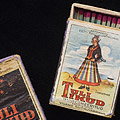
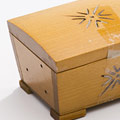
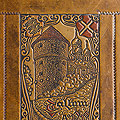
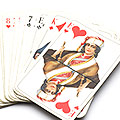
'A few precious items...' *
Estonians brought keepsakes like these — usually small objects that
would fit into a suitcase when they fled, or items made or bartered
in the DP camps.






